Python 3: Deep Dive (Part 1 - Functional)
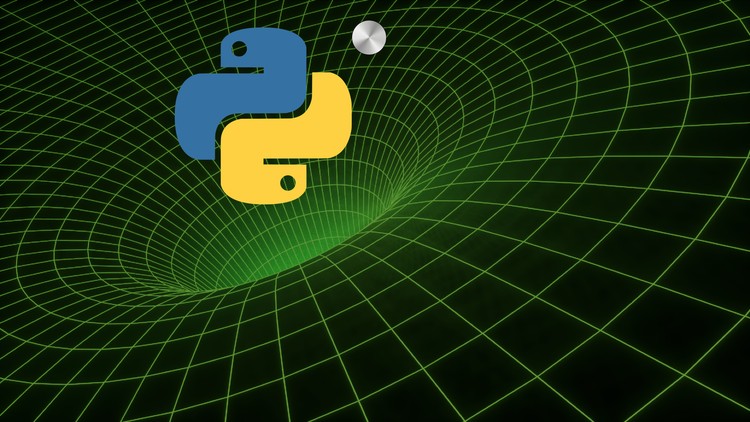
Why take this course?
🎓 Course Title: Python 3: Deep Dive (Part 1 - Functional)
Hello, Aspiring Pythonista! 🚀
This is the first part of an in-depth series designed for intermediate Python developers who are ready to go beyond the basics and understand the intricate workings of Python 3. If you've been coding in Python for a while and are eager to dig deeper into its core principles, this is the course for you!
Course Overview:
🚀 Who this course is for:
- Developers with a grasp of Python basics who ask questions like:
- "How does this work under the hood?"
- "Is there a more 'Pythonic' way to do this?"
- "What exactly are closures and decorators?"
- "Why might I want to use named tuples?"
- And many more deep-dive questions!
📚 Course Structure: The course is structured to guide you through complex topics with a balance of theoretical explanations and practical, hands-on coding exercises. It's essential to actively engage by pausing during theory sessions and trying to replicate the examples in real-time.
Key Topics Covered:
- Variables: Dive into the concept that they are references to objects in memory, and learn about namespaces and scopes.
- Numeric Types: Explore Python's rich numeric capabilities.
- Boolean Type: Understand the nuances of boolean expressions beyond simple
orstatements. - Runtime vs Compile-time: Discover how this dichotomy affects various Python features, from function defaults to imports.
- Functions: From basic lambda functions to sophisticated functional programming techniques like
map,reduce,filter,zip, etc. - Closures: Learn about the powerful concept of closures and how they can be used to encapsulate state.
- Decorators: Understand both how they work internally and how to implement your own.
- Imports, Modules & Packages: Master the import mechanism and avoid common pitfalls.
- Tuples: Use tuples effectively as immutable data structures.
- Named Tuples: Learn about this feature for creating simple classes with a tuple datatype.
Prerequisites for Success:
To fully benefit from this course, you should be proficient in the following Python essentials:
- Basic understanding of variables, strings, booleans, integers, and floats.
- Looping constructs such as
forandwhileloops. - Conditional statements like
if...else.... - Working with lists, tuples, dictionaries, and sets.
- Defining functions using the
defstatement. - Creating basic classes and using instance methods and properties.
- Importing modules from the standard library.
Technical Requirements:
- Python 3.6 (or higher) installed on your system.
- Familiarity with running Python programs via the command line or an IDE like PyCharm.
- Jupyter Notebooks installed for interactive coding examples.
Join us on this Pythonic adventure where you'll uncover the mysteries of functional programming, closures, decorators, and much more! 🐍✨
Let's embark on this journey to master the functional side of Python together! Enroll now and elevate your Python skills to new heights. 🚀🎉
Course Gallery
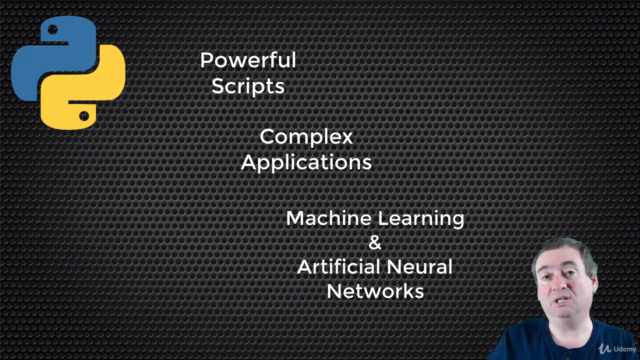
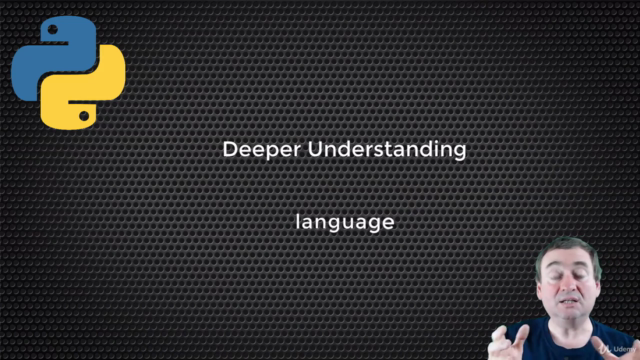
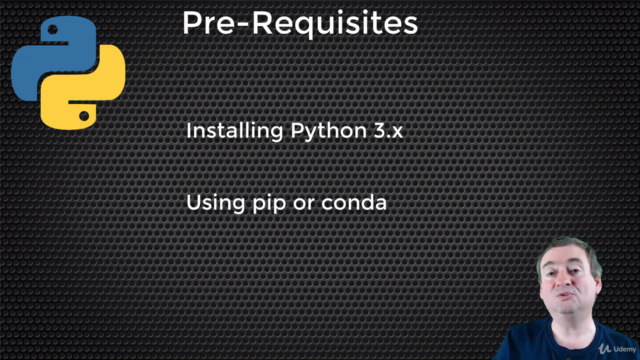
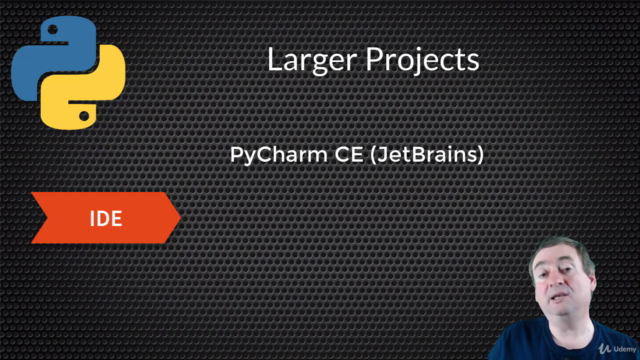
Loading charts...
Comidoc Review
Our Verdict
Python 3: Deep Dive (Part 1) is an excellent intermediate course that focuses on enhancing your understanding of Python 3's intricacies. Despite the absence of exercises and real-world projects, the rich content delivered in a laid-back manner helps to solidify concepts with the help of Jupyter Notebooks. Ideal for those wanting to move beyond basic fluency, this course will strengthen your functional programming skills by dissecting key topics such as closures and decorators.
What We Liked
- The course provides a deep dive into Python 3's inner workings, perfect for those seeking a more comprehensive understanding.
- Topics like closures, decorators, and modules are explained clearly with real-world examples, enhancing your functional programming skills.
- Laid-back presentation style allows complex concepts to be presented in an easy-to-understand manner without feeling overwhelming.
- Ample code snippets and Jupyter Notebooks facilitate hands-on learning and experimentation, essential for mastering Python 3.
Potential Drawbacks
- geared towards intermediate to advanced students; beginners may find the material challenging to grasp without prior knowledge.
- Lack of applied projects or problem-solving exercises might limit practical understanding and long-term retention.
- Limited focus on third-party libraries might not cater to those seeking real-world use cases in their learning journey.
- Presentation slides could benefit from more visual aids for better information retention and engagement.